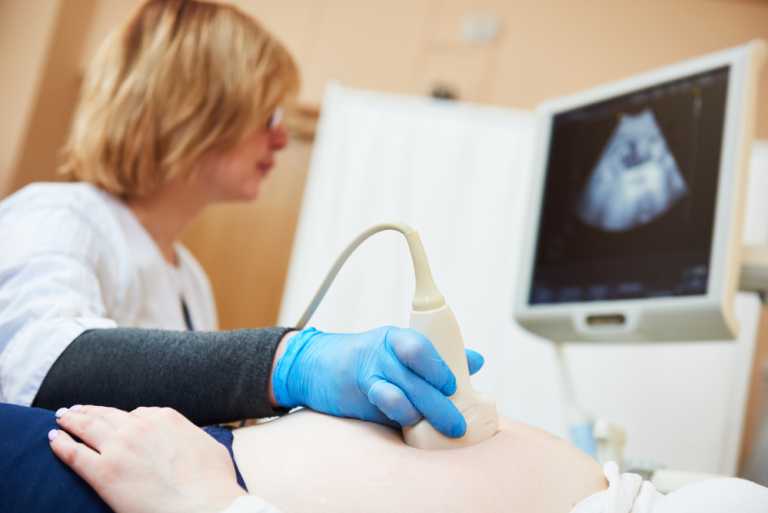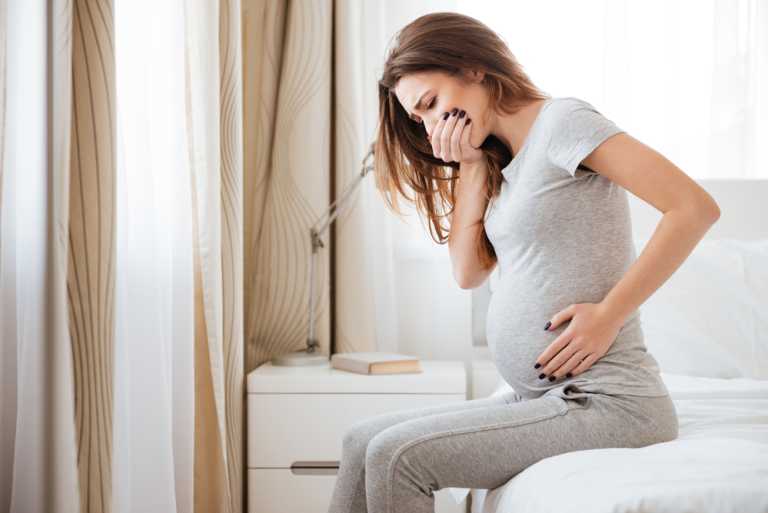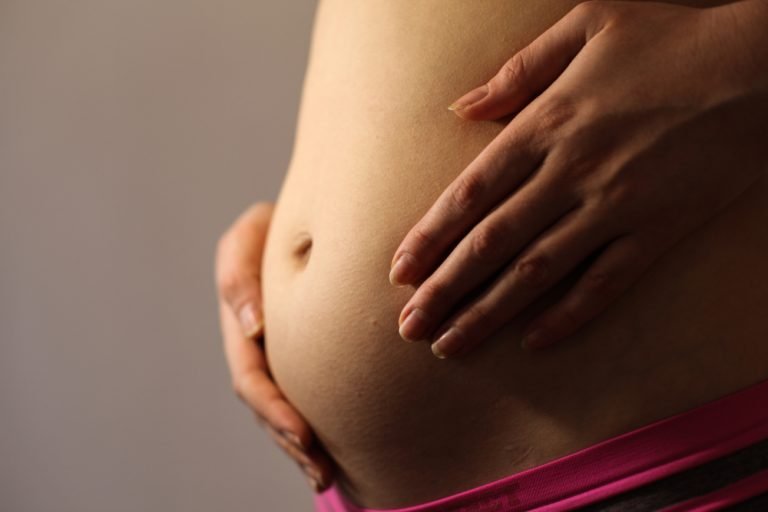If your gut feeling says you might have a bun in the oven, it can be agonizing to wait to find out. Though ultrasounds and pregnancy tests are the only foolproof method of being certain, most urine tests won’t give accurate results until at least a day after your first missed period.
An ultrasound can take even longer, as the fetus is invisible until 5-6 weeks after gestation. Thankfully, several signs of pregnancy often show up long before a urine test or ultrasound is possible. Though every pregnancy is unique, and every woman will experience theirs differently, the presence of these 15 symptoms, especially in conjunction with one another, might be a good indication that you’re a mommy-to-be.
Early Signs
1. Tender or swollen breasts
It takes a lot of time for your breasts to gear up and transform into milk machines, so it’s no surprise they start as soon as possible! For that reason, tender or swollen breasts are often one of the first noticeable signs of pregnancy.
Many women report breast pain as soon as one to two weeks after conception. Also frequently described as a feeling of “heaviness” or “fullness,” this symptom is also often accompanied by a tingling sensation.
2. Light bleeding
When the embryo first nestles into the uterus lining, it disrupts blood vessels and sometimes causes bleeding. Known as “implantation bleeding,” this bleeding is often mistaken for the start of a period but is usually spottier and rosier than menstrual blood. Because it can occur as soon as ten to fourteen days after fertilization, it can be an early indication of pregnancy.
3. Nausea
Are you feeling queasy? All those new hormones surging through your system during the earliest stages of pregnancy can handicap the stomach’s ability to pass food, which can lead to a belly ache.
These waves of nausea, famously referred to as “morning sickness,” occur during pregnancy and can happen at any time during the day. Although most women won’t experience morning sickness until later stages, it can appear as soon as two weeks after conception for some.
Note: Nausea can also happen just before you go into labor.
4. Bloating
During pregnancy, slower digestion means food lingers in the digestive system longer than usual. So all those tacos you ate on Tuesday have extra time in the body to break down slowly and release gas into your system–leading to a gassy build-up that many pregnant women experience pretty early in their pregnancies.
5. Constipation
Higher progesterone levels don’t just slow the digestion process and cause bloating. They also cause various muscles–such as those in the digestive tract, to relax.
These relaxed muscles are in no hurry to pass matter through the intestines or to rid your body of waste; this leads to constipation. For that reason, difficulty with the infamous “number two” can be one of the first noticeable signs of pregnancy.
6. Fatigue
Is the set of stairs at work knocking the wind out of you in a way they haven’t before? Are you dozing off during the movie or fantasizing about nap time? Feelings of fatigue and exhaustion are another indication you may be expecting.
Especially in the earliest stages of pregnancy, the body’s progesterone levels skyrocket, causing feelings of extreme tiredness. This, combined with lower blood sugar, blood pressure, and blood production, will leave a new mommy-to-be exhausted even by simple, daily tasks.
8. Cramping
A baby needs a lot of room to grow, so when pregnancy occurs, the body starts to expand the uterus to accommodate the fetus. This stretches the muscles and ligaments that support it, causing abdominal cramps, which can feel very similar to period cramps. So if you’re cramping up but see no signs of Aunt Flo’s visit, it could indicate pregnancy.
9. Heightened Sense of Smell
Sometimes your nose knows when you’re pregnant before you do. As with most other pregnancy symptoms, you can blame heightened hormone levels for this symptom. In this case, rising estrogen levels may cause a newly pregnant woman to perceive odors differently or even have a strong aversion to scents that formerly left them unfazed.
Some classic examples include the smell of cigarettes, specific perfumes or lotions, and foods. For example, maybe the bakery smell down the road used to wake you up with a watering mouth, but now it just turns your stomach.
10. Food Aversions
Did you use to love roast beef but now the sight of it makes you sick? Newly pregnant women frequently develop food aversions, sometimes to dishes they formerly loved. Coffee and fried foods are cited as two of the most common, but any food can be the subject of an aversion.
11. Food Cravings
Suppose you’re getting frequent, sudden urges to devour an entire flank steak or gobble down a tray of brownies. In that case, you could be experiencing the hungry, insatiable monster known as pregnancy cravings.
As soon as 2-3 weeks after the first missed period, a woman may be confronted with overwhelming desires to consume foods they never previously enjoyed or simply a drive to overeat.
12. Headaches
It’s no piece of cake gearing up to sustain and develop a tiny, growing human, so it’s no surprise that pregnancy can drive the body to have frequent headaches. Caused by increased blood circulation and (of course) rising hormone levels, frequent headaches, especially in combination with fatigue or other listed symptoms, can signify that your body has taken on the headache-of-a-task of creating life.
13. Heartburn
Frequently referred to as acid indigestion or acid reflux, the heartburn associated with pregnancy can leave your chest feeling ablaze. This is because the same hormones that expand the uterus also relax the valve between the esophagus and stomach, causing heated pain known as heartburn.
Because about half of all expectant women will experience heartburn, often for the duration of the pregnancy, it is not only one of the earliest signs of pregnancy but also one of the most common.
14. Mood Swings
Are you feeling like a moody monster? Sudden onset of heightened feelings (both negative and positive) is another symptom newly pregnant women frequently experience.
Often mistaken for the mood swings of PMS, rapid changes in mood or dramatic feelings may make a woman in the early stages feel depressed and anxious.
15. Faintness or Dizziness
In the first trimester, a pregnant woman’s body is rushing to prepare to care for two humans, not just one. These rapid changes require more blood in your body and a better system of distributing it–something your body doesn’t have in those early stages. This and lower blood pressure may leave you feeling light-headed or dizzy.
16. Just “Feeling” Pregnant
If you feel you might be pregnant and came here searching for answers, your gut feeling might be right. This isn’t always the case, and there’s no specific way to know for sure suddenly, but many women do experience an intuitive feeling and say they “knew” right after conception.
Though perhaps not a reliable manner of telling, there’s something to be said for a mother’s instinct.
Pregnancy is an intimate and vastly different experience for every woman, so that the clear signs will vary. However, if you’re feeling any of these symptoms or simply feeling “off” and not quite yourself, it’s possible you really may be.




